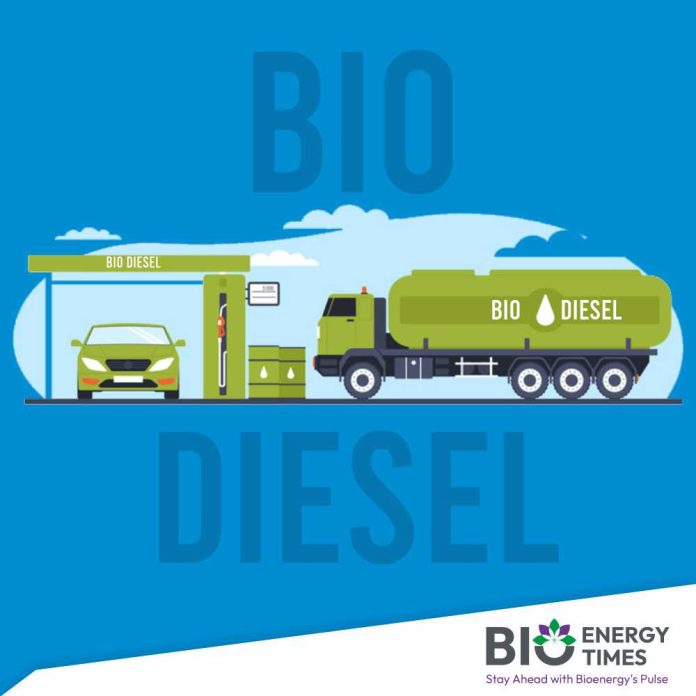Indonesia’s plan to raise its biodiesel mandate from January 1 has sparked concerns about potential global palm oil supply shortages. However, analysts suggest that the implementation of this mandate is likely to be phased in gradually as industry stakeholders push for a transition period, reported Reuters.
As the world’s largest producer and exporter of palm oil, Indonesia aims to increase the mandatory palm oil content in biodiesel to 40% (B40) from the current 35%. This policy shift has led to a surge in palm oil futures and could put additional pressure on prices in 2025.
Despite repeated assurances from President Prabowo Subianto’s government that the B40 plan will be fully launched in the new year, industry experts note that logistical and technical challenges, along with high implementation costs, may delay the full roll-out. Pertamina, Indonesia’s largest fuel retailer and state-owned company, stated that its fuel terminals will need modifications to accommodate the new biodiesel blend. These adjustments will occur during a “transition period” after the government finalizes the mandate, according to Pertamina spokesperson Fadjar Djoko Santoso, though no further specifics were provided.
As per the news report, in a meeting with government representatives and biodiesel producers last week, fuel retailers requested a two-month transition period to allow for proper adjustments, said Ernest Gunawan, Secretary General of the Indonesian Biofuel Producers Association (APROBI). The Hiswana Migas association, which represents fuel retailers, did not respond to requests for comment.
Senior Energy Ministry official Eniya Listiani Dewi assured Reuters that the mandate would not be implemented gradually and emphasized that biodiesel producers are prepared to meet the increased demand for B40. “I have confirmed the readiness with all producers last week,” she said.
APROBI, which produces fatty acid methyl ester (FAME) from palm oil for mixing with diesel, pointed out that the government has yet to issue the necessary allocations for biodiesel producers to sell to fuel retailers—an action that typically occurs by this time of year. “We can’t deliver the goods without purchase order documents, which are issued once we have contracts with fuel companies,” Gunawan explained. “Fuel companies can only sign contracts after the ministerial decree on biodiesel allocations.”
The government plans to allocate 15.62 million kiloliters (4.13 billion gallons) of FAME for the B40 mandate in 2025, slightly revised down from the initial estimate of 16 million kiloliters, according to Eniya.
For detailed information and further insights, please refer to BioEnergyTimes.com, which provides the latest news about the Biodiesel Industry














